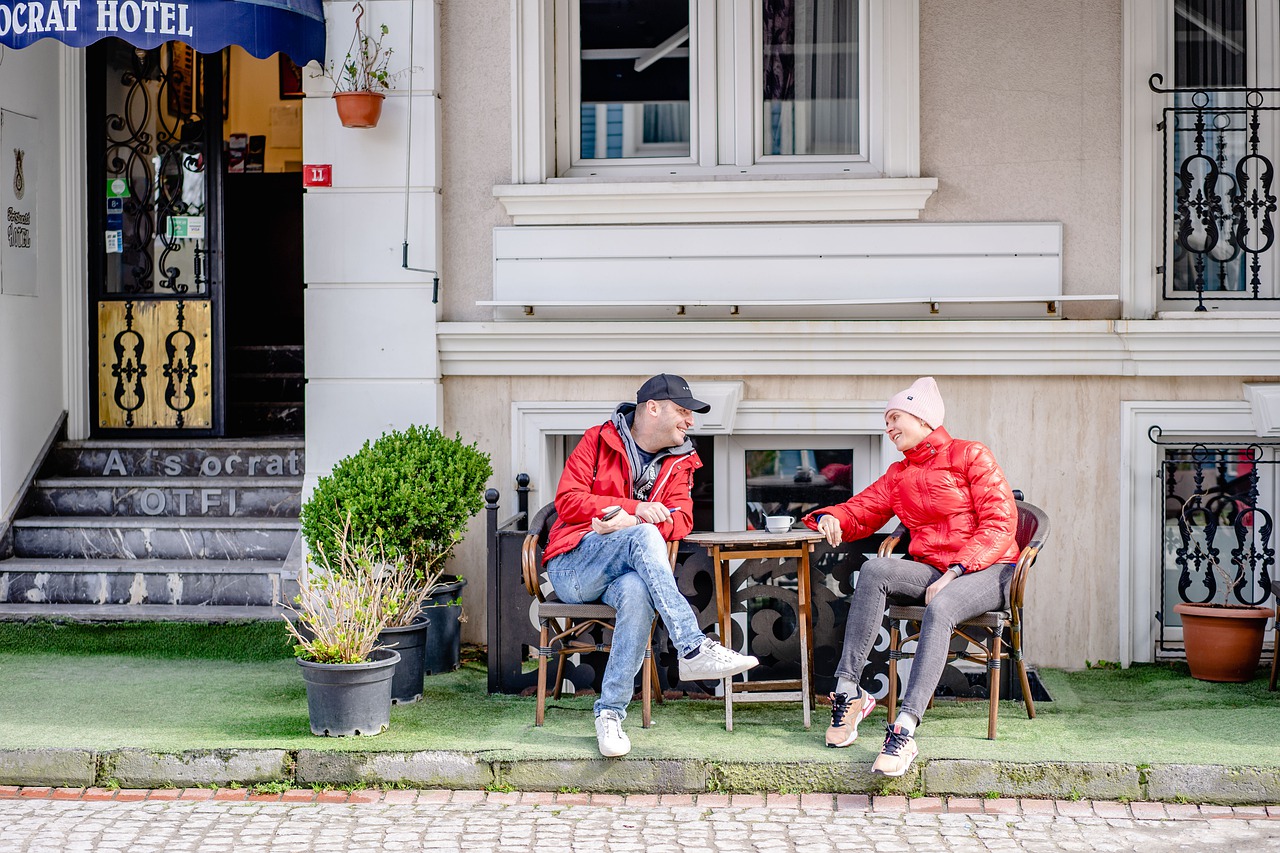Being a good neighbor has so many benefits. Now that we’re coming out of the pandemic, we’ll share some of the ways that connecting with your neighbors not only enhances your social life and your peace of mind but also saves you time and money.
Knowing your neighbors helps promote security, helps young and elderly neighbors feel safer in the neighborhood, and can make it easier to take advantage of the benefits of carpooling, shared chores, and planned community events.
A safe community promotes neighborhood health and security and can even lower insurance rates by ZIP code.
Being a Good Neighbor
Getting to know your neighbors can prevent problems before they happen.
If you know what the day-to-day activity in your neighborhood usually looks like, it’s easier to take note of anything out of the ordinary. That lets you address potential problems before they escalate.
Make an effort to learn your neighbors’ names, and introduce yourself to them. You should also be available for your neighbors if there is an emergency.
They will be there when you need help with something in a similar situation.
Sharing chores like watering the plants when a neighbor is out of town, trading child care, and looking out for mail, newspaper, and package deliveries when asked are easy to do and extremely helpful.
If you see an opportunity to help your neighbor, don’t hesitate to offer your assistance.
Maybe your elderly neighbor is no longer able to shovel their snow or could use help carrying packages. Help them when they need it.
Be a Responsible Neighbor
Be friendly and trustworthy. Keep your pets in your yard, and if you have a loud dog, keep them inside. You can also sign them up for obedience classes. If you take your dog out for a walk, pick up after them.
Be sure you keep your outdoor areas (yard, porch, patio) in good condition. Mind your trash, and if you see litter, pick it up. Take pride in your home and your neighborhood.
If your neighborhood has a homeowners association, attend the meetings and take an active role.
Be mindful of noise, especially late at night. If you do experience a problem, be proactive and try to find a solution before the situation escalates.
Conflicts happen, but they can almost always be dealt with if they are spotted early and not allowed to fester.
If you experience conflict, don’t get defensive. Listen to your neighbor and try to find a mutually agreeable solution.
Common areas of conflict include property lines, shared driveway access, and fences. If at all possible, find a way to agree, ignore, or fix it. Don’t look for trouble.
Factors in the Neighborhood Affect Insurance Rates
Crime rates are a big factor in variations in homeowners insurance costs. Some neighborhoods may be frequent targets for burglars, and some may be more likely to experience vandalism.
Some neighborhoods have little or no crime. These discrepancies can be attributed to home values, the prevalence of cameras and security systems, outdoor lighting, and whether there’s a neighborhood watch.
Insurance companies base their rates partly on how much has recently been paid out in claims. If you strengthen relationships in the neighborhood and look out for each other, it could very well affect everyone’s rates.
In Times of Emergency
As the climate changes, the likelihood of further natural disasters is increasingly great. Experiencing a natural disaster and its aftermath is traumatic.
Just after a hurricane, tornado, flood, or fire, communities are known to pull together to facilitate recovery efforts.
If you already have strong community support, things will be that much easier after a disaster. Each household should also make preparations for an emergency.
You will need to have water, a means of security, food, medications, pet and baby needs, a radio, flashlight, batteries, bleach and sanitizer, blankets, canned goods, a can opener, and first aid supplies.
Building Community
There is no downside to building stronger community bonds. If that’s something you’d like to do but aren’t sure how to start, just try smiling and being friendly.
Introduce yourself and try to learn something new about each neighbor you talk with.
Ask if there is anything you might help them with. If you are a gardener, take your neighbors something from your garden. Who wouldn’t enjoy fresh flowers or homegrown tomatoes?
Offer to help a neighborhood child with a bike repair, or play catch with them. Get out your football or frisbee.
There are a lot of inexpensive ways to spruce up your yard. Dollar stores might have disposable tablecloths and dinnerware. Use your imagination to find cheap garden decor for your party.
Getting to know your neighbors will be good for you and your neighborhood.
